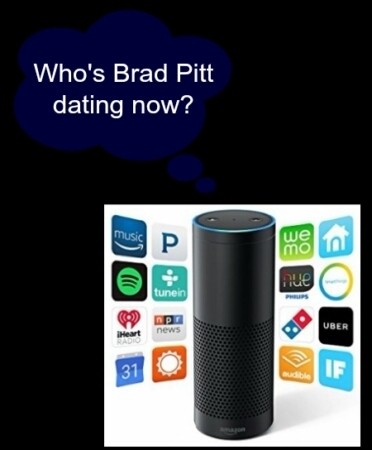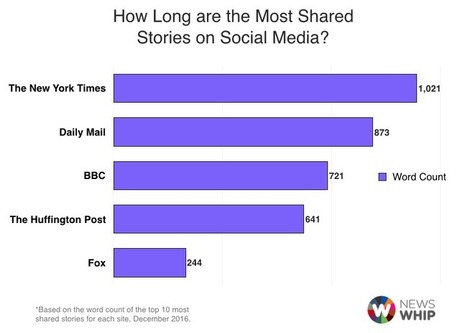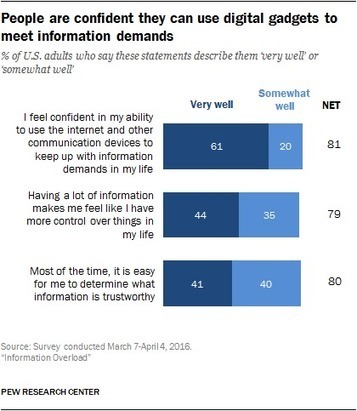American news consumers are slightly more likely to access digital news through an organization’s website or app than they are to get it through social media, according to a recent Pew Center analysis.
Thirty-six percent of consumers said they received digital news from an organization’s website or app, while 35 percent said they got it through social media. Twenty percent received news via a search engine; 15 percent received it through emails, texts or alerts from a news organizations; and seven percent got it through an email or text from family members or friends.
One of the most notable findings of the analysis is that news consumers are more likely to remember the name of the news organization from which a story came if they followed a link from an email, text or other alert from the organization. The average rate for recall was 78 percent.
The rate was 52 percent if the link came from social media and 50 percent if it came from a family member or friend through email or text....
Via Jeff Domansky



 Your new post is loading...
Your new post is loading...














If readers get news from social media, they're less likely to remember where they got it and there's the big challenge for branding for news organizations.